Example Notes
These are examples of real notes written by doctors, nurses, or mental health professionals, with descriptions of how each note was used by the patient. These notes are shared with permission. Identifying information has been removed.
Doctors’ notes are written in English. The notes shown here have been translated into Spanish to help you understand what might be in a note. If you don’t read English, you may need to ask a friend or relative who does to help you understand your notes.
How notes look depend on many things, including: who wrote the note, the kind of visit you had, or where you get care. Some are short, while others include a complete description of your visit. Longer notes may include details about your health such as past problems or test results. Some notes might contain material that doesn’t appear relevant. It may be required for insurance purposes or other rules and regulations. These sample notes give you an idea of the information included in medical notes. Think about why it might be helpful to read your own notes.
Download note examples:
Doctor Note: Orthopedic Surgeon
This patient visited an orthopedic specialist to talk about a hip replacement. In this note, the doctor describes the visit and the patient’s symptoms. The doctor also outlines next steps for the patient, including follow-up appointments. The patient used the note to remind himself about the appointments he needed to make. He also shared the note with a family member who helps with his care. Finally, the patient saved the note in a file at home in case he wants a second opinion in the future.
Surgeon Note: Ear, Nose and Throat Pre-Surgery
Social Worker Note: Mental Health
This patient has weekly therapy appointments with a social worker. They talk about the patient’s feelings of depression and anxiety, which worsened after a diagnosis of Parkinson’s Disease. In this note, the therapist describes the patient’s physical and mental health and outlines coping strategies talked about in the therapy session.
This patient was relieved to see that her therapist understands her condition well. Her Parkinson’s is affecting her memory, so being able to look back at the notes helped her remember what she was supposed to do between visits. Additionally, the patient could print the note and bring it to other doctors. Now, all members of the patient’s health care team are informed about her care.

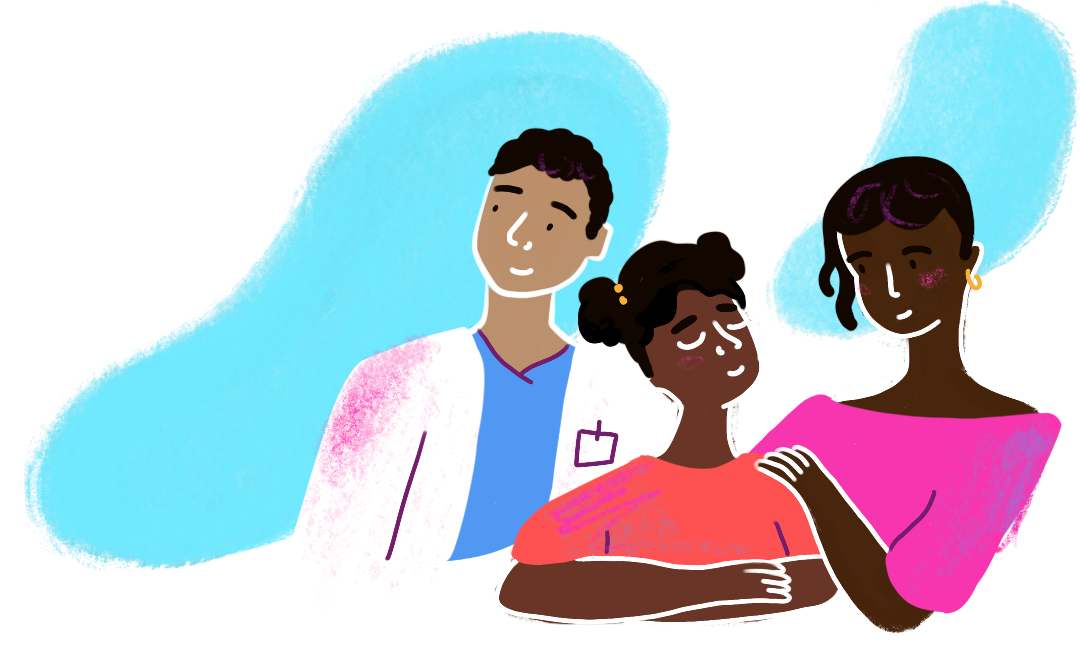

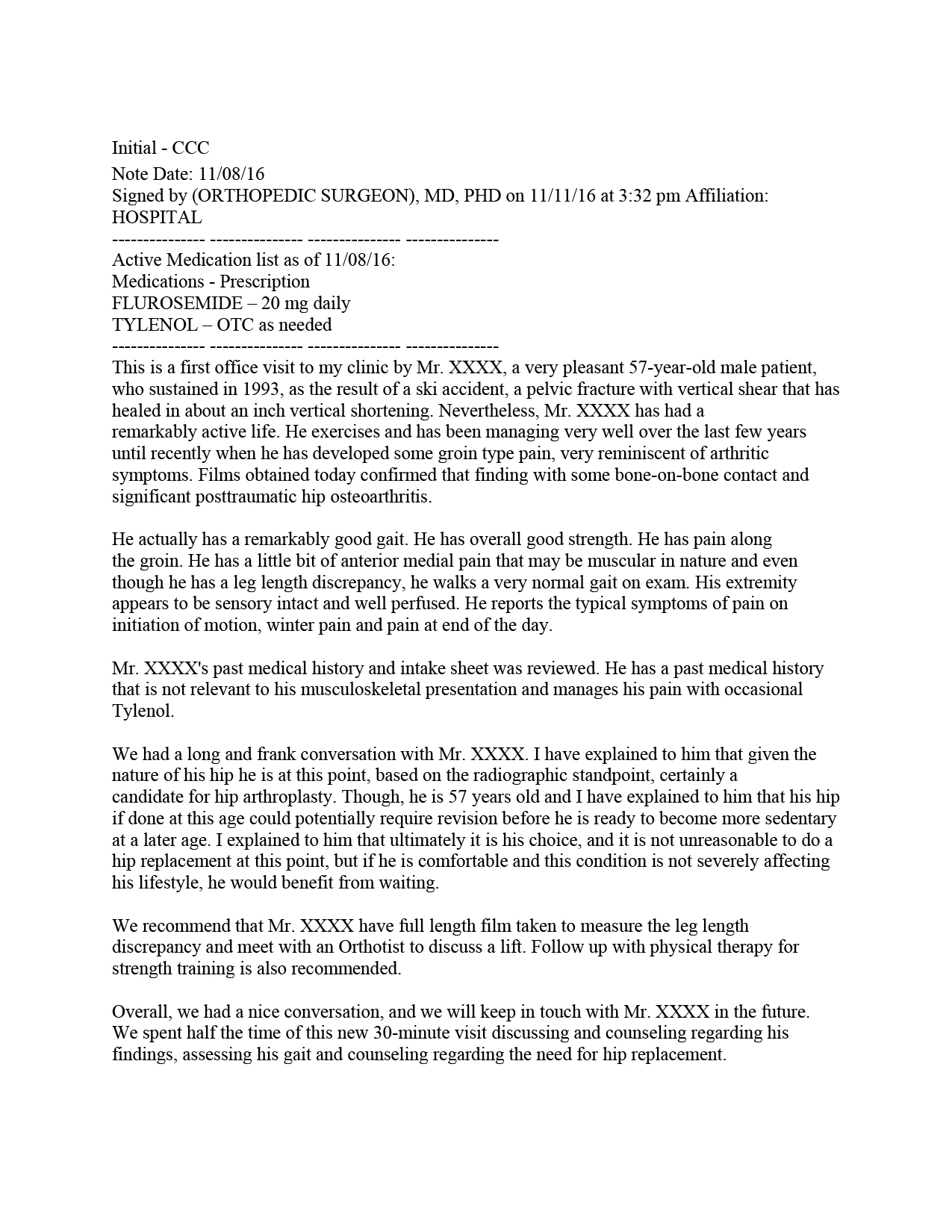
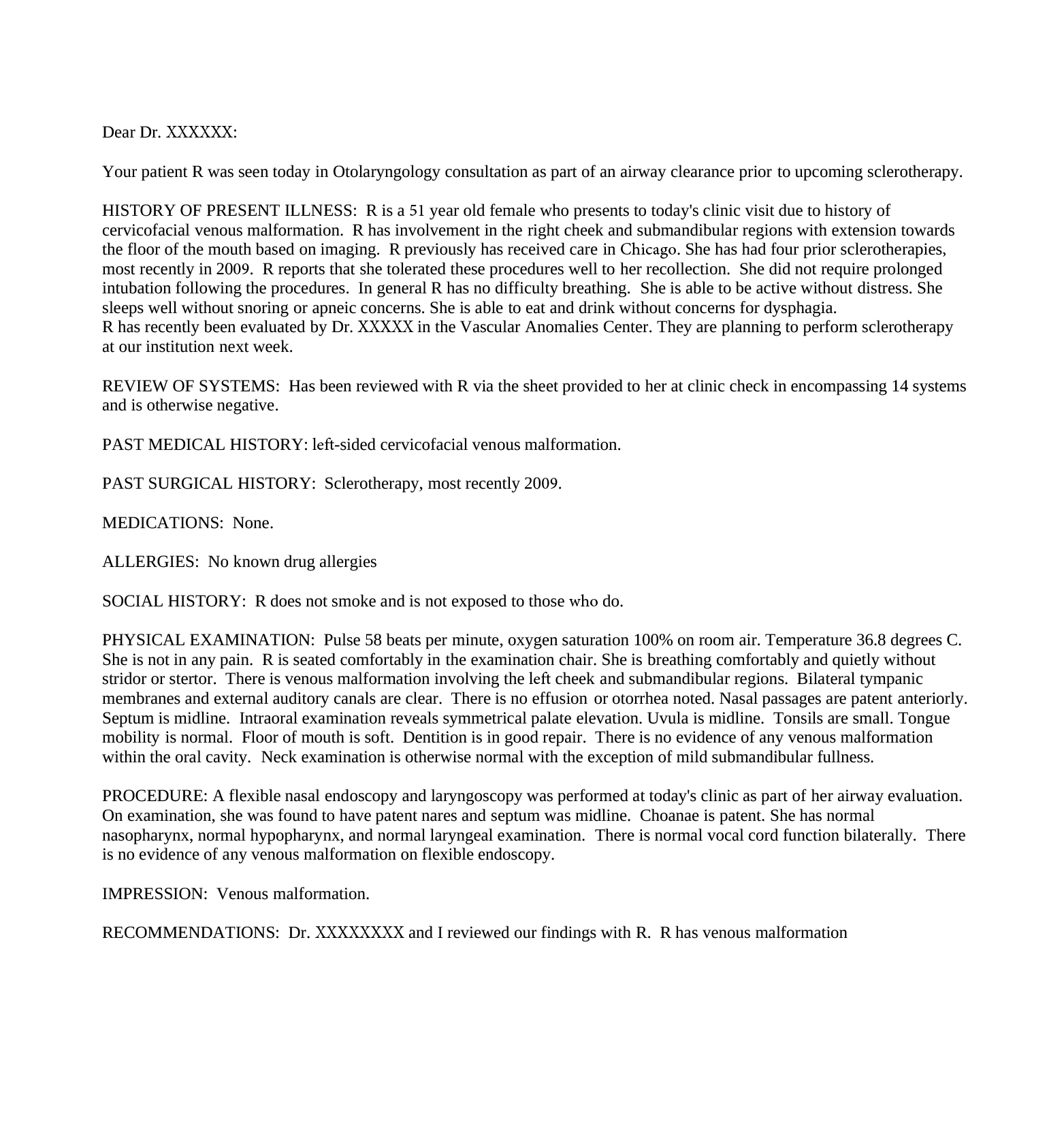
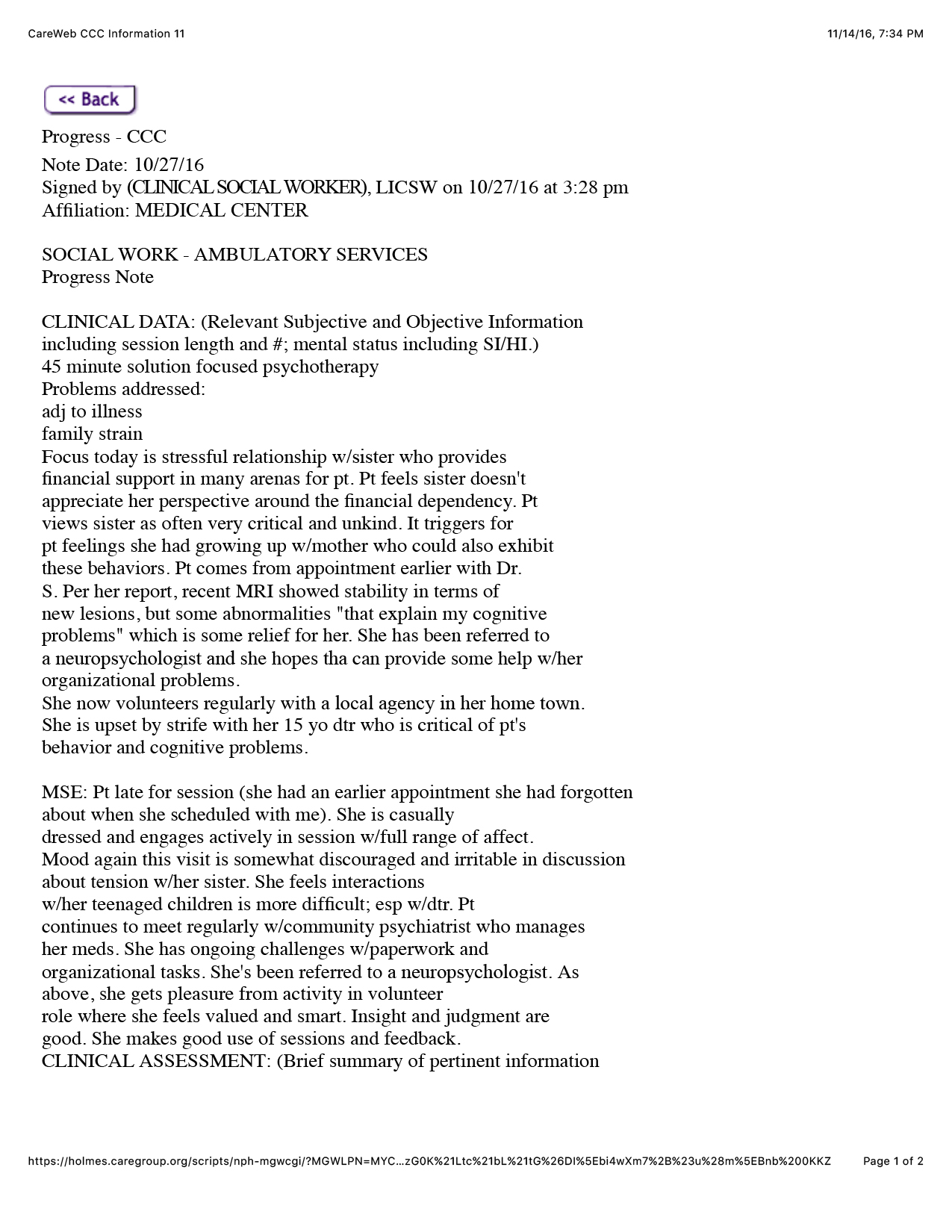
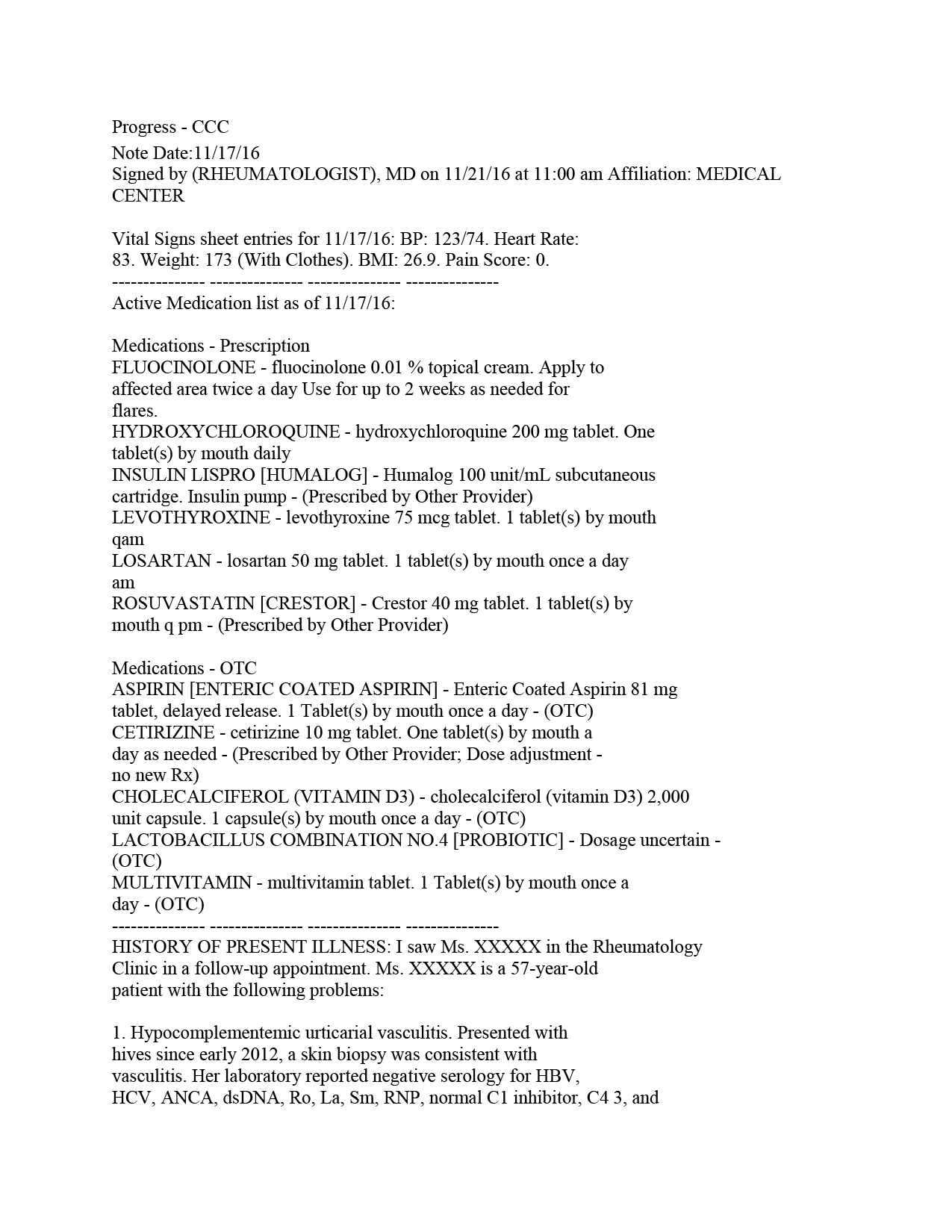
 OpenNotes is a global movement. We encourage and study open and transparent communication in health care. We work with patients, families, doctors, nurses, social workers, and other clinicians. We are part of the Beth Israel Deaconess Medical Center, which is a Harvard Medical School teaching hospital. Our work is not-for-profit, and we are supported by grants and donations. To support OpenNotes and to learn more, visit the
OpenNotes is a global movement. We encourage and study open and transparent communication in health care. We work with patients, families, doctors, nurses, social workers, and other clinicians. We are part of the Beth Israel Deaconess Medical Center, which is a Harvard Medical School teaching hospital. Our work is not-for-profit, and we are supported by grants and donations. To support OpenNotes and to learn more, visit the 

